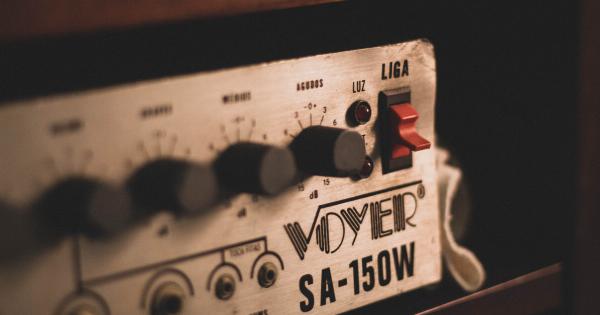Music is more than just entertainment. It has been used as therapy for centuries and is still one of the most powerful and effective tools for treating a wide variety of mental and physical conditions in today’s world.
Whether you’re interested in pursuing a career in music therapy or are simply curious about the benefits of this ancient art, read on for a closer look at just how music can be used to promote healing and wellness.
1. Music boosts mood and reduces stress levels
One of the most obvious benefits of music for therapy is its ability to boost mood and reduce stress levels.
Listening to music you enjoy can instantly make you feel better, and studies have shown that actively engaging with music, such as playing an instrument or participating in a music appreciation group, can have long-lasting effects on your emotional well-being.
2. Music provides a creative outlet for expression
For many people, music provides a creative outlet for expression that other forms of therapy simply cannot match.
Playing an instrument, writing lyrics, or even just singing along to a favorite song can help you process difficult emotions and gain insight into your own thoughts and feelings.
3. Music can improve cognitive function and memory
Music has been shown to stimulate the brain in ways that can improve cognitive function and memory.
Playing an instrument or learning to read sheet music, for example, involves complex neural processes that can enhance brain plasticity and improve overall mental agility.
4. Music can aid in physical rehabilitation
Music therapy has been used for years as a tool for physical rehabilitation, particularly in the areas of stroke and traumatic brain injury.
Listening to music and engaging in rhythm-based activities can improve motor function and coordination, as well as help patients re-learn basic skills such as speaking and walking.
5. Music can promote social bonding and communication
Participating in a music group or attending a concert can provide opportunities for social bonding and communication that may be difficult to find in other contexts.
Whether you’re sharing a love of music with old friends or making new connections through a common interest, music can be a powerful way to build relationships and find community.
6. Music can soothe pain and promote relaxation
Listening to calming music has been shown to soothe pain and promote relaxation in patients undergoing medical procedures or recovering from illness.
Whether it’s a slow, gentle melody or a more upbeat and energetic tune, music can help reduce anxiety and promote a sense of calm and well-being.
7. Music can be used to treat anxiety and depression
Music therapy has been used as an effective treatment for anxiety and depression in many cases.
Listening to music that promotes relaxation, practicing breathing techniques, and participating in group sessions with other individuals experiencing similar challenges can all be effective ways to manage these conditions.
8. Music can help improve sleep quality
Finally, music can be used to promote better sleep quality and reduce issues such as insomnia.
Listening to calming music before bed, creating a relaxing environment with soft, soothing melodies, and even participating in guided meditation sessions can all be effective ways to promote a better night’s sleep.

























